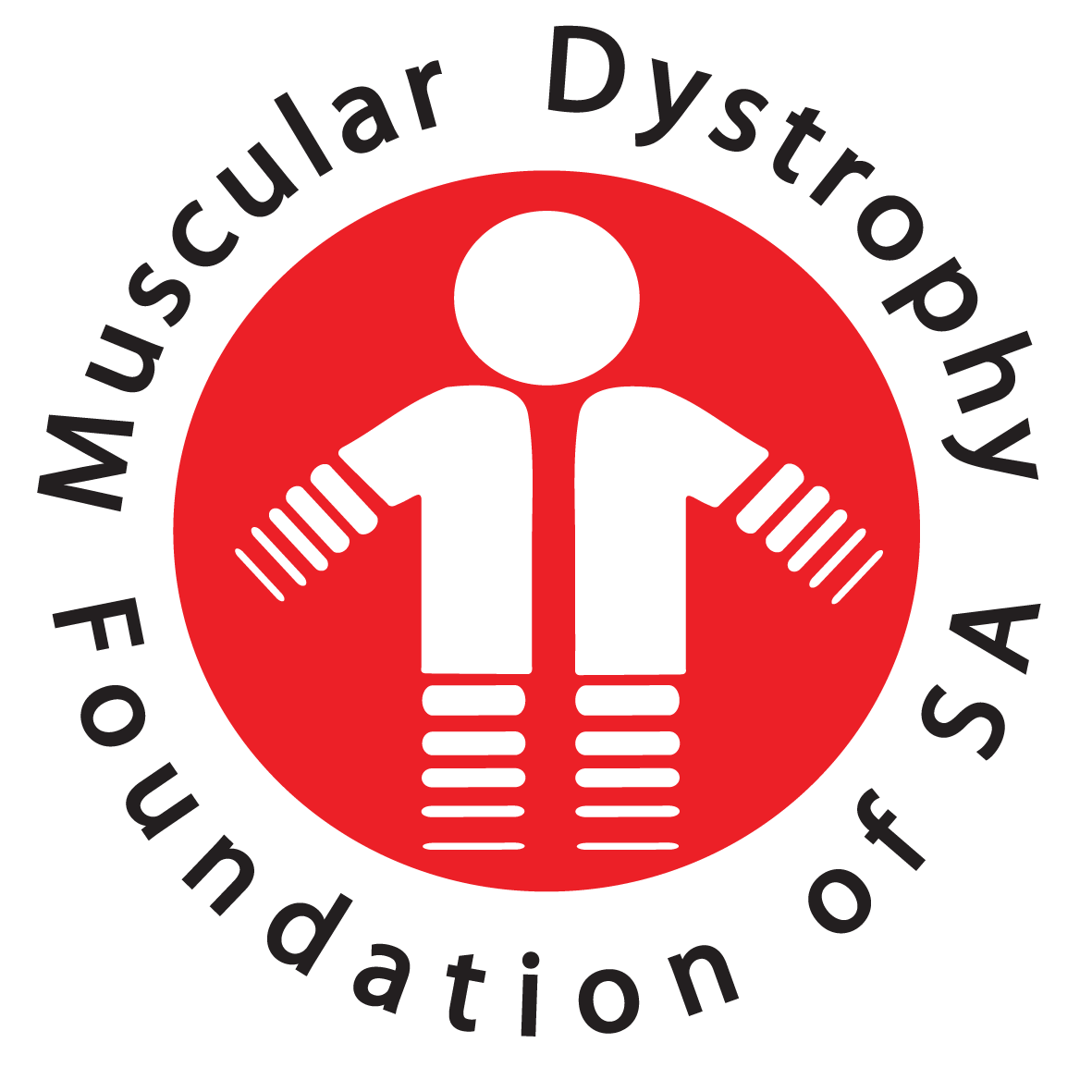Spinal Muscular Atrophy (SMA) Type 3
Respiratory care
- Individuals often have weak respiratory muscles, which can cause nocturnal hypoventilation. If required, treatment for this is non-invasive ventilation, which involves a small breathing machine attached to a mask.
- In SMA Type 3, weak respiratory muscles can make it difficult to cough effectively and there may be vulnerability to respiratory infections.
- Intubation and ventilation are indicated in the presence of an acute reversible event unless there is an advance directive stating otherwise.
Chest infections – general advice
- Low threshold for the use of antibiotics during chest infections is recommended.
- During a chest infection, it is recommended that intensive physiotherapy be carried out in conjunction with cough augmentation techniques including cough machines. This should occur when oxygen saturations are less than 95 percent on room air.
- Oxygen therapy may be needed during hospitalisation for a chest infection. If ventilator support is being used, then oxygen therapy should be combined with the ventilator. Care should be used to avoid the risk of raised carbon dioxide (waste gas) levels with oxygen therapy.
- Ideally avoid stopping of feeding. Nutritional support must be maintained
Anaesthetic precautions
- As there is a likelihood of respiratory muscle weakness, individuals with SMA Type 3 undergoing surgery should have a pre-operative evaluation including lung function tests, sleep study and cough assessment.
- Where respiratory muscle weakness is present, familiarisation with ventilatory support is warranted prior to procedure in case it is required post-operatively.
- After having general anaesthetic, individuals must be weaned from invasive ventilator support (intubation) to non-invasive support. If an individual was able to breathe by themselves prior to surgery, the aim would be to try to wean them back to their pre-op baseline.
Recommendations and precautions
- Immunisations should be kept up-to-date including the influenza and pneumococcal vaccine.
- Pregnancy in SMA Type 3 may cause breathlessness. It is recommended to have a full respiratory assessment prior to conceiving.
Fractures/traumas
- As bone density may be poor in SMA Type 3, vitamin D supplementation is recommended. Further investigations for low bone density are required if there have been two or more fractures.
Reprinted with permission of Muscular Dystrophy UK. Reviewed by Dr J Wilmshurst, Head of Paediatric Neurology, Red Cross War Memorial Children’s Hospital
